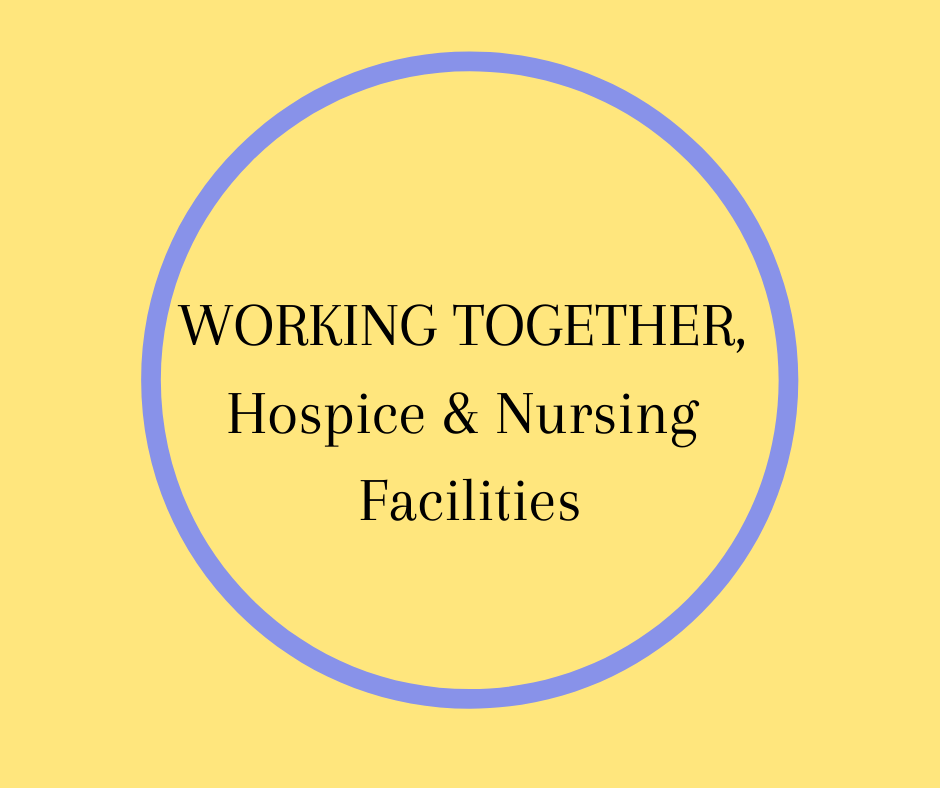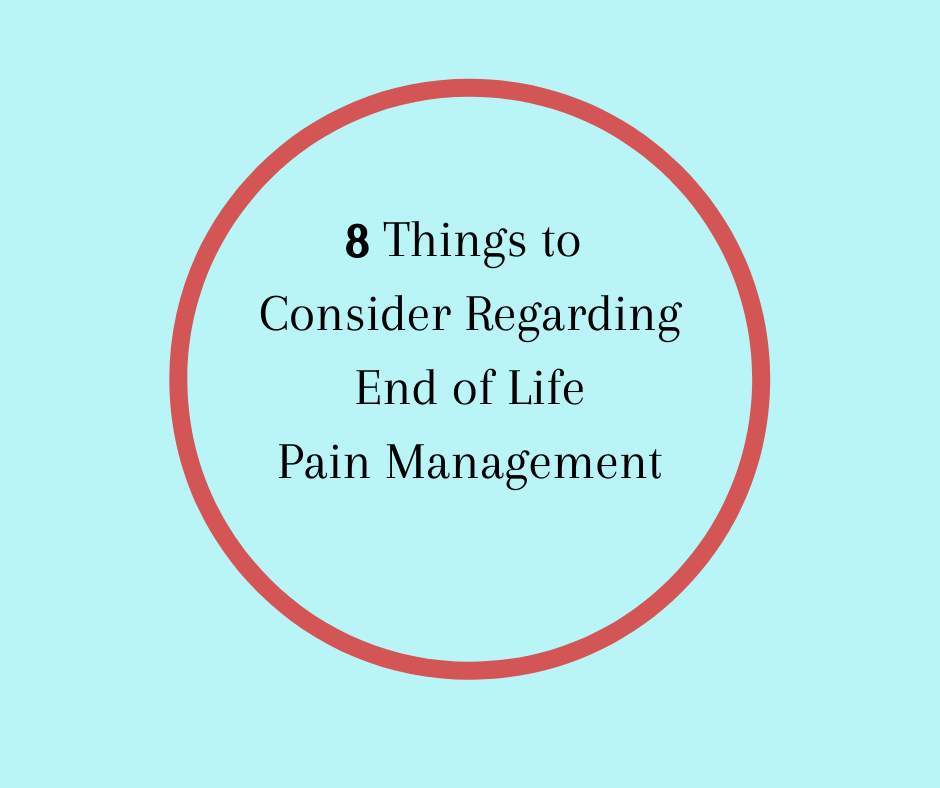Dear Barbara, I read your blog about bowels and end of life issues. My father passed nine years ago, and I continue to be troubled by an episode with hospice care. I’d like to know if it was a reasonable approach, just for my own well being.
My dad had leukemia and was not eating much if anything in his final days. He was not complaining of any discomfort in terms of constipation or any concern about his bowels. He was receiving hospice care in his home. The hospice nurse forced him to get up from his bed, with help from my brother, and go to the bathroom where she evacuated his bowels (I don’t know what method was used). This upset my dad and brother quite a bit. The nurse insisted and said my dad would be more comfortable. When I think of my dad’s passing this is the one memory that keeps haunting me. Should we have been stronger advocates for my dad and gone with his wishes? Is this a standard procedure in Hospice care?
I am sharing this letter and my response because this family is not the only family that has carried memories, sometimes for years, of situations that occurred as their loved one was being cared for. As health care professionals it is a huge part of our job to educate, to explain what we are doing and why we are doing it. Our educating needs to be done with awareness and compassion. Families and patient’s are like deer in headlights when it comes to what is happening to them. They don’t ask questions, don’t advocate for themselves, and then when the situation is over carry the images and thoughts with them forever. Here is an edited version of my response to this letter:
I received your question about hospice's approach to your father and his bowels. I don't have enough information about your father's specific condition, at the moment the nurse got him out of bed, so I will just make some general statements.
Even when a person is eating very small amounts, or barely at all, the body makes poop, so up to a few days before death a person needs to have bowel movements. If they don't go on their own, then we need to medically help them. If they are taking pain medications then moving their bowels on their own becomes an even bigger challenge.
How we "help" them can be in several ways: medications like stool softeners or gentle laxatives are generally my first choice. An enema is not usually one of my choices (for best results and less mess it needs to be done with the patient sitting on the toilet or commode. Most of my patient's are generally too close to death to sit outside of the bed) but it is a method. If the stool becomes hardened by being in the body for a long time then it has to be removed digitally (inserting a gloved finger in the rectum and pulling the stool out). We want to avoid having to do that because it is so uncomfortable and embarrassing for the patient.
Here are my thoughts on what occurred with your father. First, the nurse did not explain to you what and why she was doing what she was doing. Education is a big part of any hospice nurse's job and I find that to be missing in this situation. It would have avoided all this concern if the nurse had explained what she was going to do and why. If she had said "I'm so sorry to have to put you through this but it is really the best way to avoid bigger problems. I am going to______( and she explains what she is going to do). After this we will make sure you have a stool softener".
The fact that your father could get out of bed tells me he was not days or maybe even weeks from death so yes, he needed to have a bowel movement so bigger problems did not develop. I'm guessing she put him on the toilet and gave him a enema (inserted water into his rectum which basically flushes out the stool). She did it with him sitting on the toilet so there was no mess just the indignity of the whole situation.
This was an unpleasant situation. I wish it had not happened for you, your brother, and your father. Nine years is a long time to carry this unpleasant memory. In the scheme of life is was an embarrassing moment but it is time to put it to rest. Nothing really bad happened. It was embarrassing, the nurse was thoughtless about the teaching and emotions involved. Hopefully my explanation of what may have occurred will help you put this to rest. My hope for you is you will remember the good times, the good exchanges, you had with your father. Those are the memories that are important to us as we learn to live with our loss and grief.
Something More About: An Unpleasant Memory of Dad's Care
I encourage all death doulas, palliative care nurses, hospice nurses and hospice volunteers to watch THIS IS HOW PEOPLE DIE. It is a three part educational DVD on caring for people at end of life.








7 comments